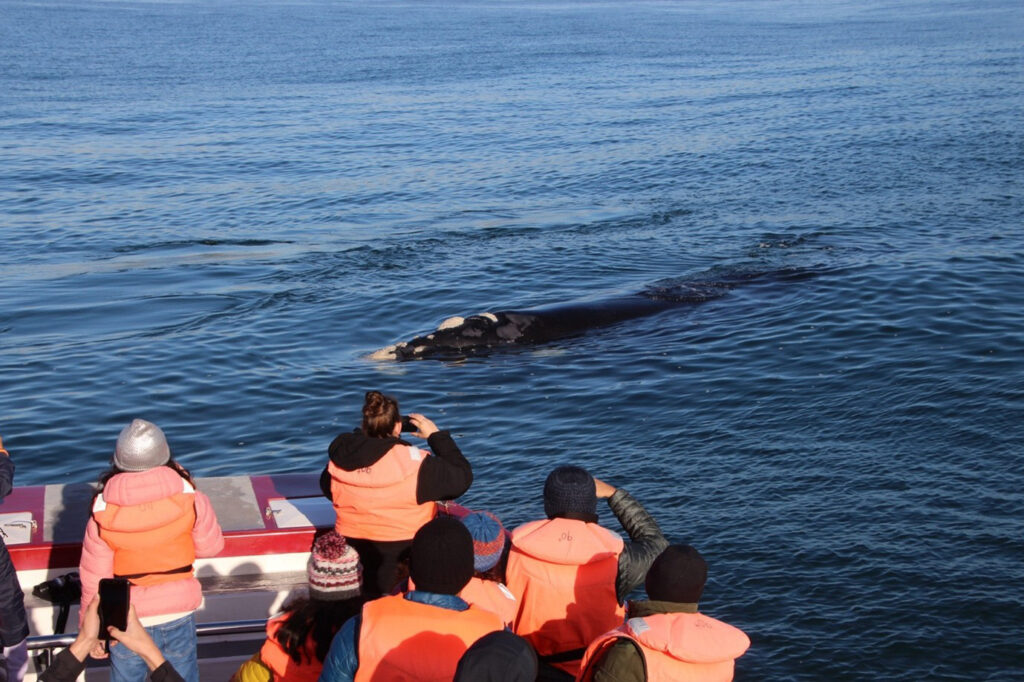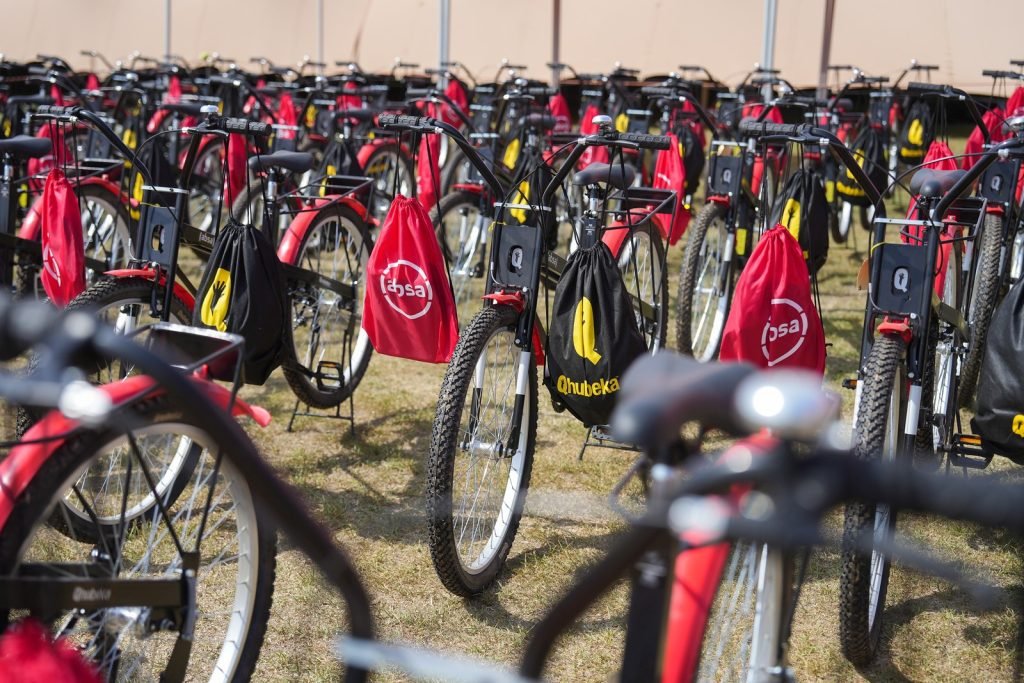
South Africa’s coastline stretches for nearly 2,800 kilometers, with dramatic cliffs, stunning beaches, and rich marine life that attracts visitors from all over the world. From shark cage diving in Gansbaai to whale watching in Hermanus and surfing in Jeffreys Bay, marine tourism has become one of the country’s most exciting and fast-growing industries. However, as more people flock to the sea in search of adventure, we’re driven to question whether or not the sector can remain both profitable and sustainable.
In this article, we take a look at the current impact of marine tourism activities in South Africa.
Economic growth
Marine tourism – which includes activities such as whale watching, diving, surfing, and sailing – provides jobs and income for many South Africans, both directly and indirectly. Local businesses such as accommodation providers, restaurants, transport, and craft markets all rely on seaside tourism for economic growth, which can be particularly significant in small towns.
However, the financial rewards of marine tourism do not always reach local communities, especially when large companies dominate the industry. For smaller businesses and communities to benefit, they have to rely on holiday makers to choose small local companies over large corporations. (See https://www.sagoodnews.co.za/jbay-surf-fest-11-20-july-2025/)
Conservation efforts
Tourism focused on marine life (like whale watching or visits to Marine Protected Areas helps raise awareness of the importance of ocean conservation. Many tour operators now include education about marine ecosystems, encouraging visitors to value and protect these environments – often, simply coming face to face with these breathtaking ocean landscapes is enough to encourage tourists to live more sustainably. The income from these kinds of tourism activities can also help fund conservation projects and marine research.
Unfortunately, if not well managed, marine tourism activities can disturb marine wildlife significantly, and damage fragile habitats such as coral reefs and coastal dunes. Increased boat traffic, litter, and pollution are particularly problematic, and can easily harm sensitive marine ecosystems.
Infrastructure and capacity issues
Involving local communities in marine tourism, for example, as guides, hosts, and business owners, can support local livelihoods and encourage cultural exchange. In fact, Original Travel reports that coastal tourism is the main source of foreign exchange earnings globally. It creates opportunities for skills development and helps communities see the value of conserving their coastal environments. However, it also requires proper management to be sustainable.
Many coastal areas lack the infrastructure and management capacity needed for sustainable tourism. Things like waste disposal, transport, and visitor control can all be an issue. Without proper planning, tourism can lead to overcrowding and environmental degradation, which negatively impacts both people and the planet.
A balanced approach to marine tourism
All in all, marine tourism in South Africa brings major social and economic opportunities while also helping to promote conservation and environmental education. However, without strong sustainability practices, the very ecosystems it depends on can be severely damaged. Therefore, a balanced approach is essential – a commitment to protecting marine life, involving communities, and managing growth responsibly is essential for the sector’s long-term success.
The post Heard of Marine tourism? It’s quite a story! appeared first on The Home Of Great South African News.
South Africa’s coastline stretches for nearly 2,800 kilometers
The post Heard of Marine tourism? It’s quite a story! appeared first on The Home Of Great South African News. Read More



